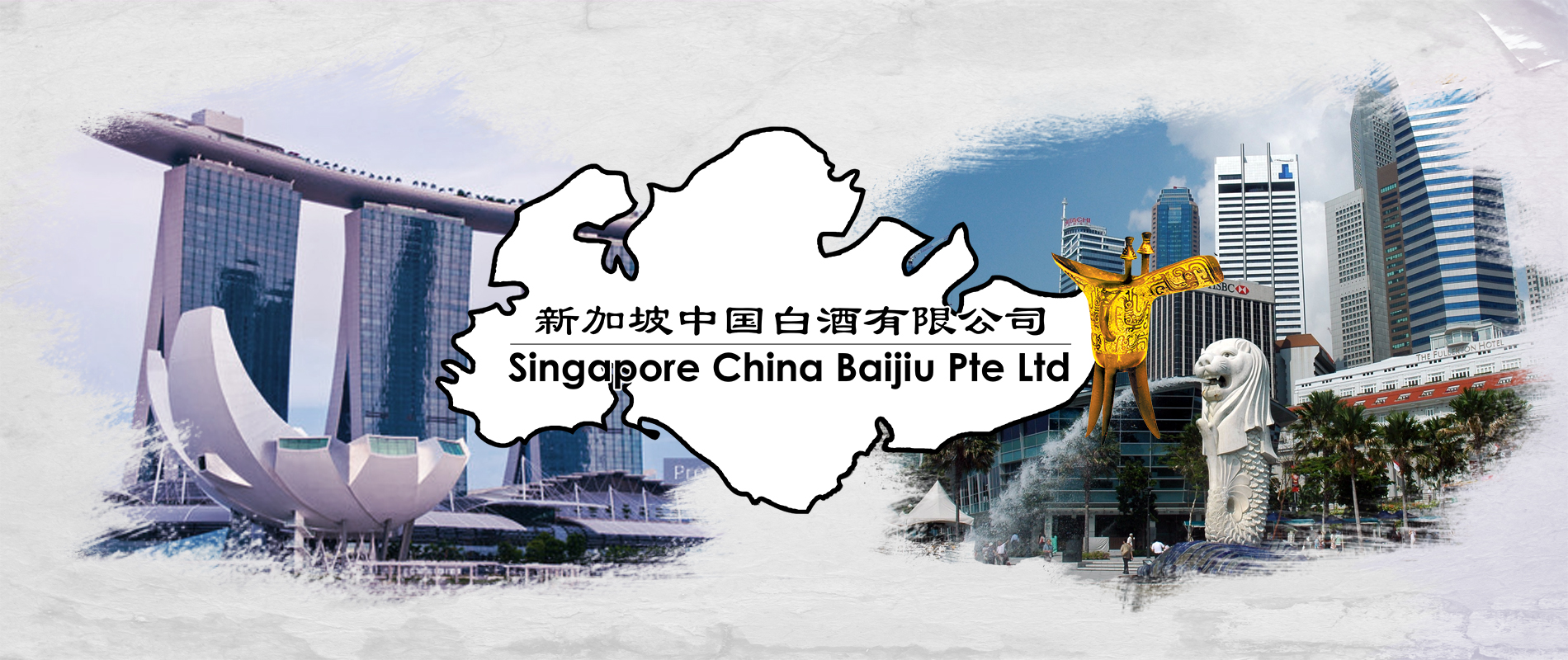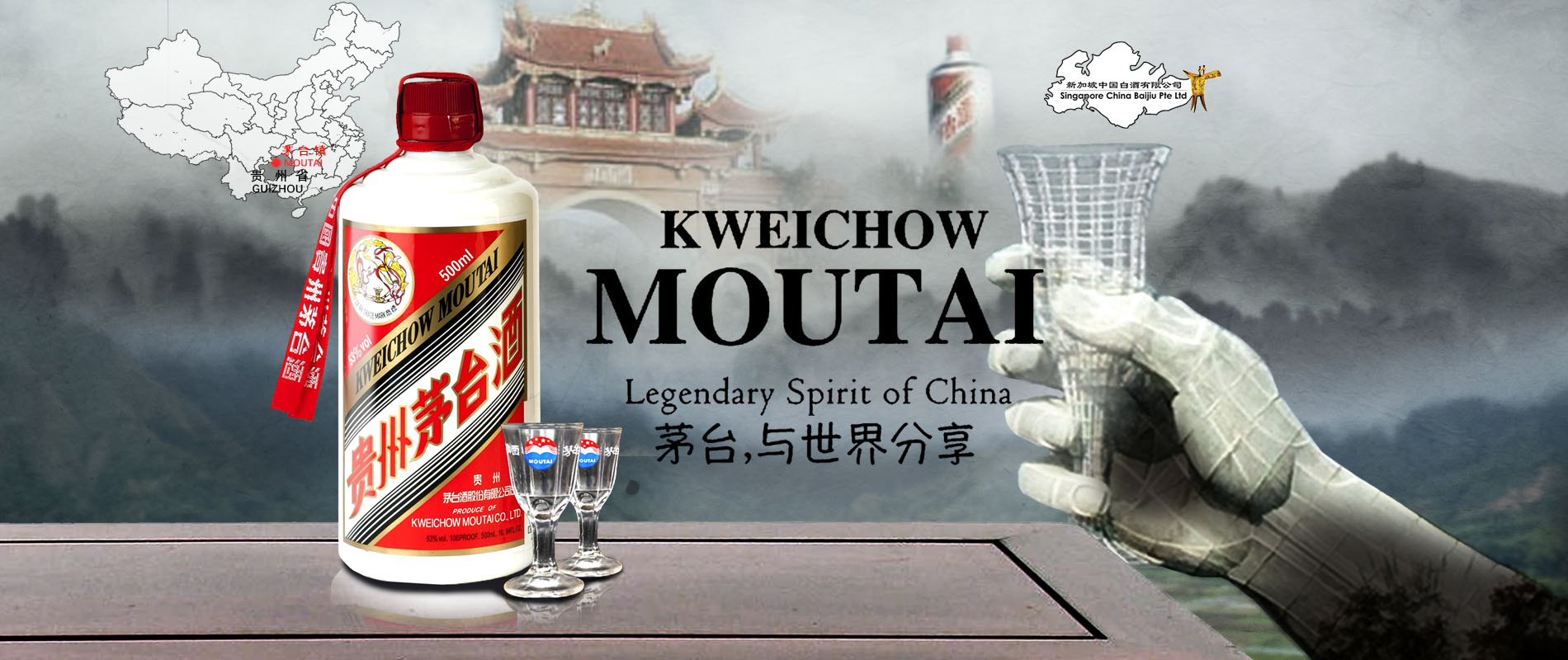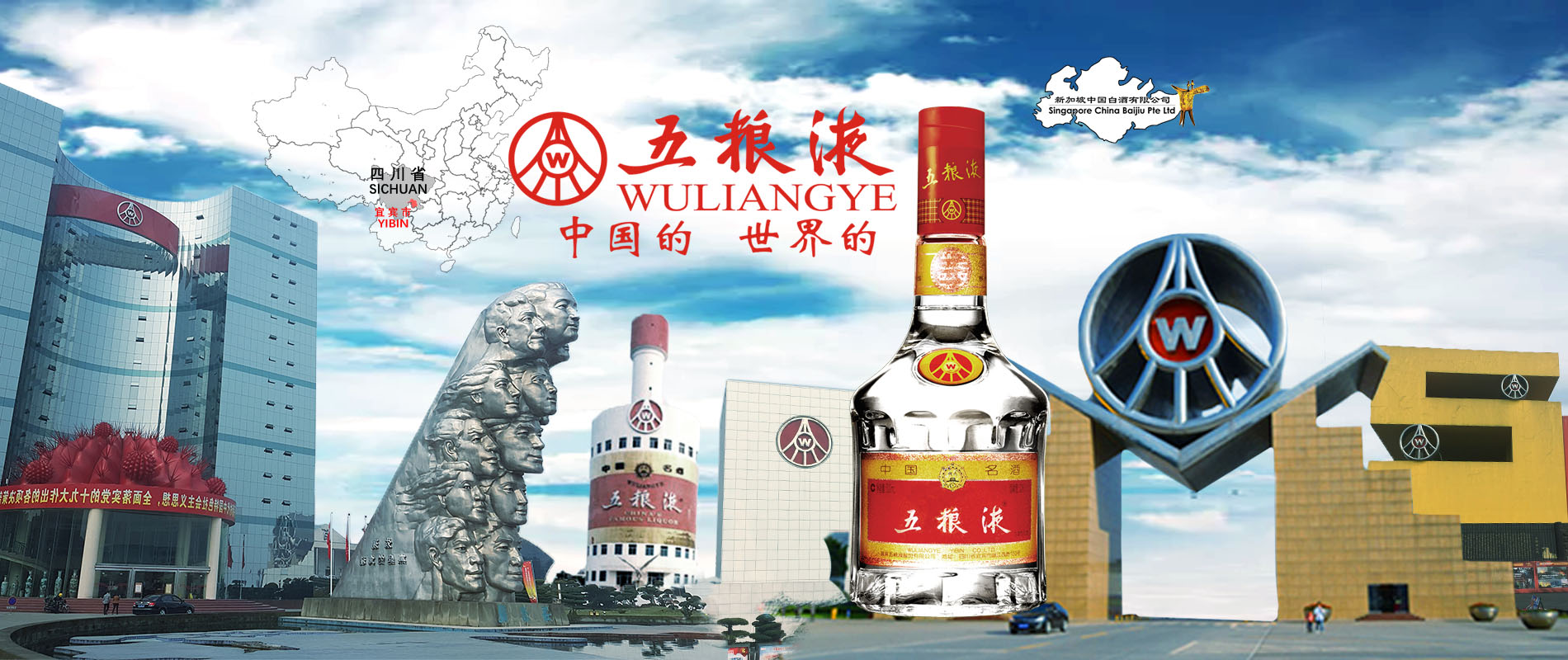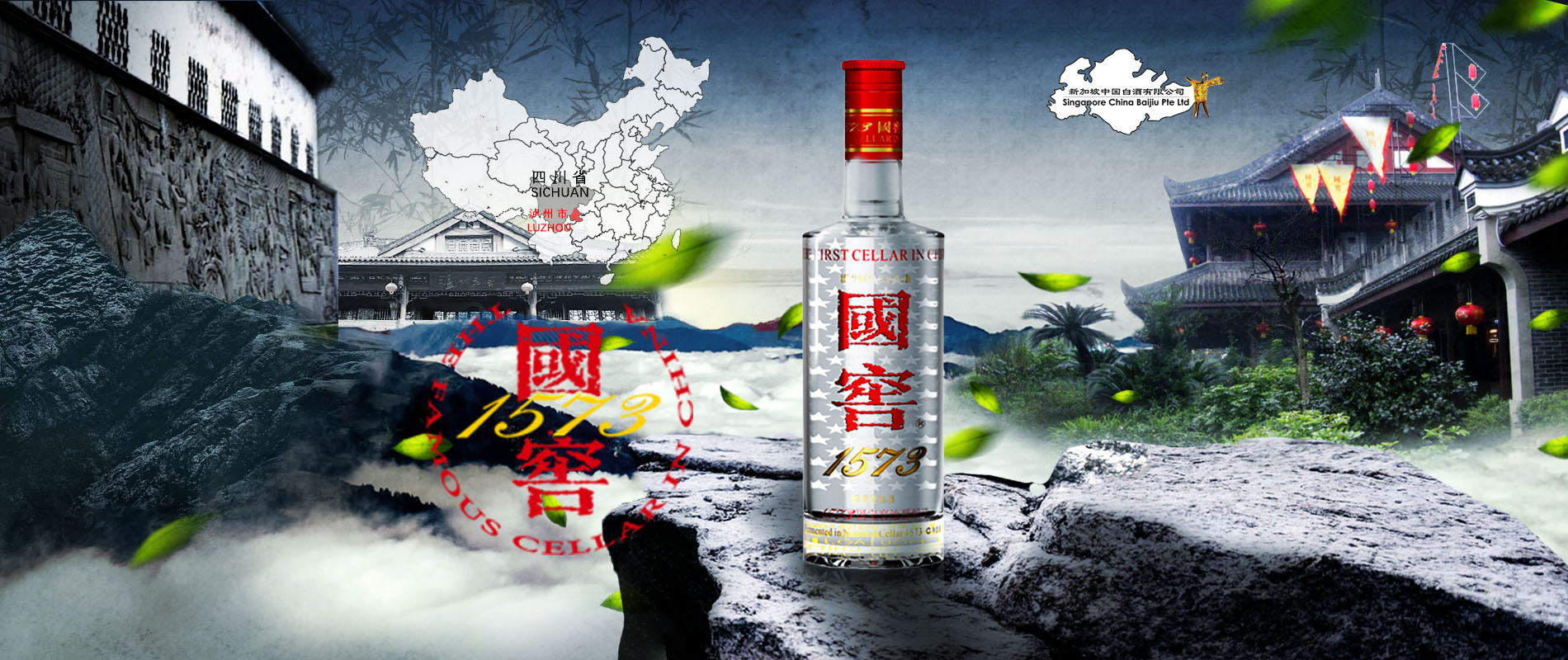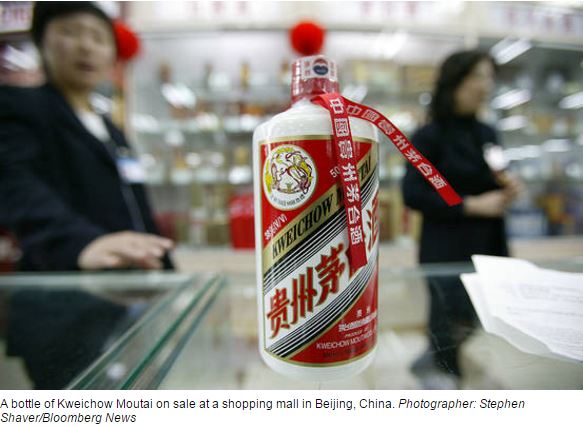Why China’s Baijiu Stocks Must Be in Your Portfolio
MAKERS OF THE CHINESE FIREWATER HAVE REBOUNDED ON BETTER CONTROL OF SUPPLY, COST CUT AND GROWING OVERSEAS SALES.
BY : DANIEL SHANE SOURCE: BARRON’S ASIA

China’s market for hard liquor looks like it’s finally over the world’s longest hangover.
President Xi Jinping’s crackdown on excess frivolity signaled the end of the party for makers of baijiu – a rice-based spirit known among Western drinkers as Chinese firewater. The premium hooch, which packs a wallop even in small measures, was a popular fixture at the country’s official shindigs until party pooper Xi called time at the bar.
That left holders of distillery stocks like Kweichow Moutai (ticker: 600519.CN) and Wuliangye Yibin (000858.CN) picking up one big tab. By early 2014, shares in both companies had sunk by around half. With Moutai and Wuliangye up 15% and 10% since the start of the year, respectively, could it be time for another round?
The market’s toasting both stocks as they’ve successfully switched tack from high-rolling officials and dignitaries to mass-market boozers. That transition has been helped by robust cost-cutting and streamlining of distribution channels. Baijiu – not normally a favored tipple outside China – is also finding its way onto more drinks lists overseas.
Kweichow’s most recent quarterly would have had stock holders raising a glass. Sales grew by about 17% year-on-year, a measure ahead of market estimates, while net profit was up 12% to CNY4.9 billion. Operating cash flow, a measure of how much money is rolling into the company, was also strongly positive: it was up more than 250% to CNY7.4 billion, and basically means bottle shops are seeing more demand for booze and so are more likely to pay their bills to Kweichow on time. During harder times the company tends to extend credit to its customers and collects payment later. Finally, the quarter included Chinese New Year, the traditional time for Chinese to eat, drink and be very merry. “The baijiu industry is on track for recovery and Moutai has continued to gain market share,” sums up J.P. Morgan’s George Hsu.
Barron’s Asia coverage of consumer stocks
Blackmores, Bellamy’s Are Oversold: Time to Buy – Apr.25, 2016
American Century Snacks on Asian Consumer Stocks – Apr.22, 2016
4 South Korean Stocks to Pamper Your Portfolio – Apr.6, 2016
4 Consumer Stocks For India’s Monsoon Season– Mar.31, 2016
Another observer, SWS Research’s Lv Chang, also fancies a chug of Kweichow. One move the company has done to get more Chinese swigging its high-end Moutai is tweak the price: bottles have come down from over CNY1,000 to around CNY900. That’s still pricey for most drinkers, so the company’s homed in on wealthier urbanites – a demographic that’s on tap in places like Shanghai and Beijing. Thriftier prices mean lower margins, and that means Kweichow has got to keep the drinks flowing. Chang points out that the company improved its distribution and inventory channels. This allows for better control of the supply of its liquor getting out into the market, which means it can keep demand high. For example, in the run-up to Chinese New Year you’d have been lucky to get hold of a bottle of 53% Feitian Moutai – Kweichow’s most premium spirit – because that’s what the company wanted. Throughout the rest of the year, the company plans to release only another 8,000 bottles. Expect demand to spike around Mid-Autumn Festival in September.
There’s plenty to find intoxicating about Kweichow’s stock fundamentals. Its return on equity is close to 30%, which is more than four times higher than some global drinks giants, like Pernod Ricard (RI.FR). Kweichow trades at 20 times earnings, which is in line with its five-year average, but on other metrics the stock looks like a happy hour deal. Its price-to-cash flow multiple is 14 – way below its historical average. Remy Cointreau (RCO.FR), another producer of high-end spirits, fetches a much richer price-to-cash flow multiple of 40 times.
 Kweichow also looks flush with cash on its books and is lightly geared. Management haven’t articulated what it plans to do with this stash, other than horde it for now, and investors would surely cheer higher dividends or a share buyback. Kweichow pays out about 30% of its earnings back to shareholders in dividends, but back in the good old days this ratio was 70%. J.P. Morgan’s Hsu says the firm needs to “give the market more color about their plan” for this wad of cash.
Kweichow also looks flush with cash on its books and is lightly geared. Management haven’t articulated what it plans to do with this stash, other than horde it for now, and investors would surely cheer higher dividends or a share buyback. Kweichow pays out about 30% of its earnings back to shareholders in dividends, but back in the good old days this ratio was 70%. J.P. Morgan’s Hsu says the firm needs to “give the market more color about their plan” for this wad of cash.
Kweichow is not the only play on China’s thirst for a stiff drink. Wuliangye, about one third the size of its rival, saw both sales and earnings surprise the market with growth of more than 30% in its most recent quarter. As a result, analysts like SWS’s Chang have upgraded earnings forecasts. The company’s premium liquor, also called Wuliangye, sells at a slightly cheaper CNY640 a bottle. The stock is also a bit cheaper trading at 15 times both forward earnings and forward cash flow. That’s probably down to its much lower return on equity of about 14%. Still, Chang has a Buy rating on the stock as he thinks it will grow sales by double-digits for at least the next couple of years. Chang thinks Wuliangye’s shares can go about 25% higher.
 One trend that could leave baijiu makers feeling groggy is the growth of beer and wine in the world’s second-biggest economy. Data shows that brewers and winemakers have taken market share over the last decade or so, although this has slowed down lately. The demographics still look pretty good for spirit makers, though. WHO data shows that Chinese are now among the heaviest drinkers on the planet, more so than traditionally boozy nations like the U.K. and Australia. However, more than half of China’s population refrain from consuming alcohol. Perhaps they just need convincing?
One trend that could leave baijiu makers feeling groggy is the growth of beer and wine in the world’s second-biggest economy. Data shows that brewers and winemakers have taken market share over the last decade or so, although this has slowed down lately. The demographics still look pretty good for spirit makers, though. WHO data shows that Chinese are now among the heaviest drinkers on the planet, more so than traditionally boozy nations like the U.K. and Australia. However, more than half of China’s population refrain from consuming alcohol. Perhaps they just need convincing?
Overseas markets present another growth option for the two distillers. While still pint-size for Kweichow and Wuliangye, both firms reckon they can convince foreigners to down a glass or two. Wuliangye, for example, is promoting its spirits in South Korea. More interestingly, dedicated baijiu bars have begun cropping up in big, cosmopolitan cities including Los Angeles, New York and London. In truth though, the reception looks mixed so far: “Hollywood Boulevard is simply not ready for all that intensity of flavor and aroma,” one sardonic L.A. bar manager was recently quoted as saying. Bottoms up!
